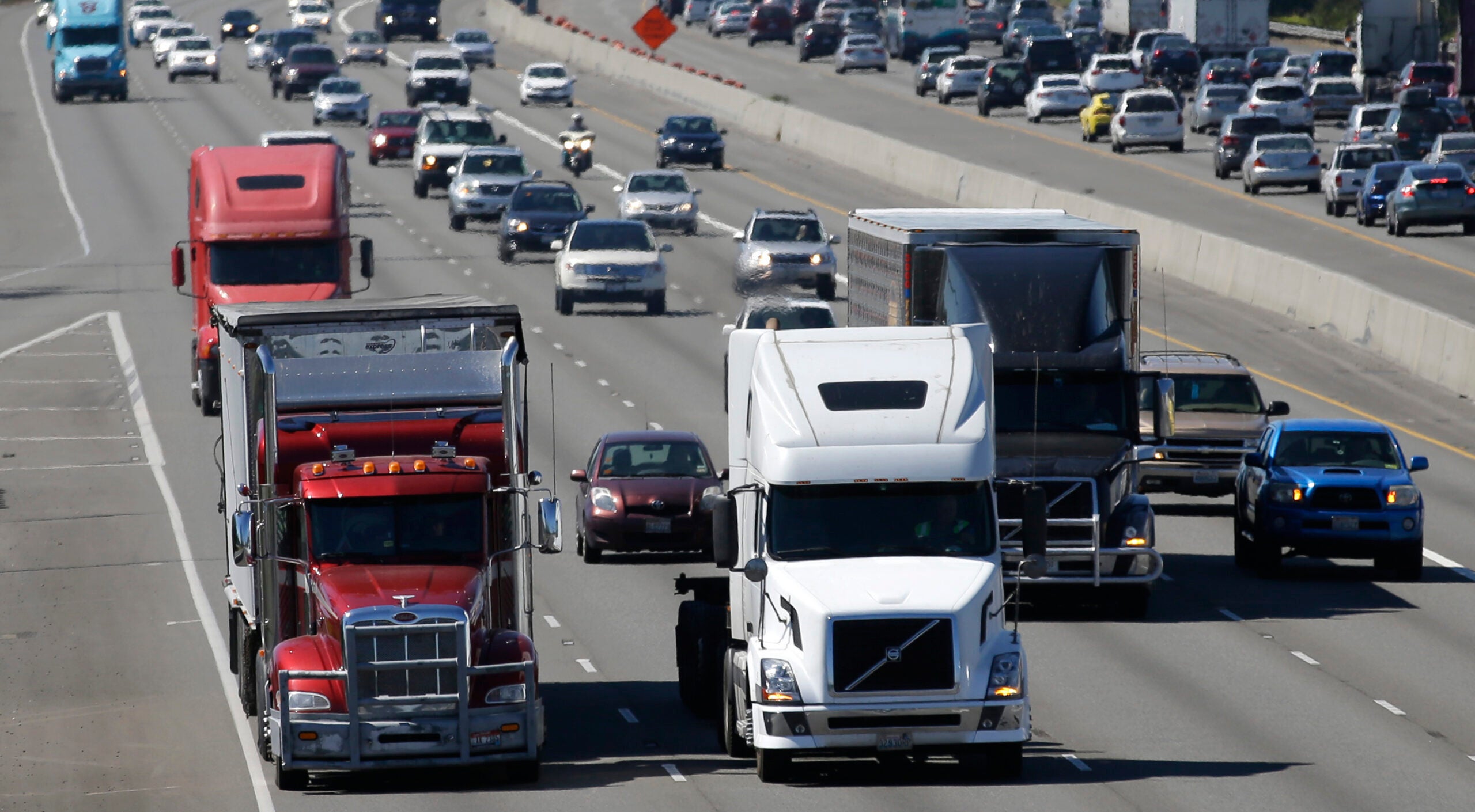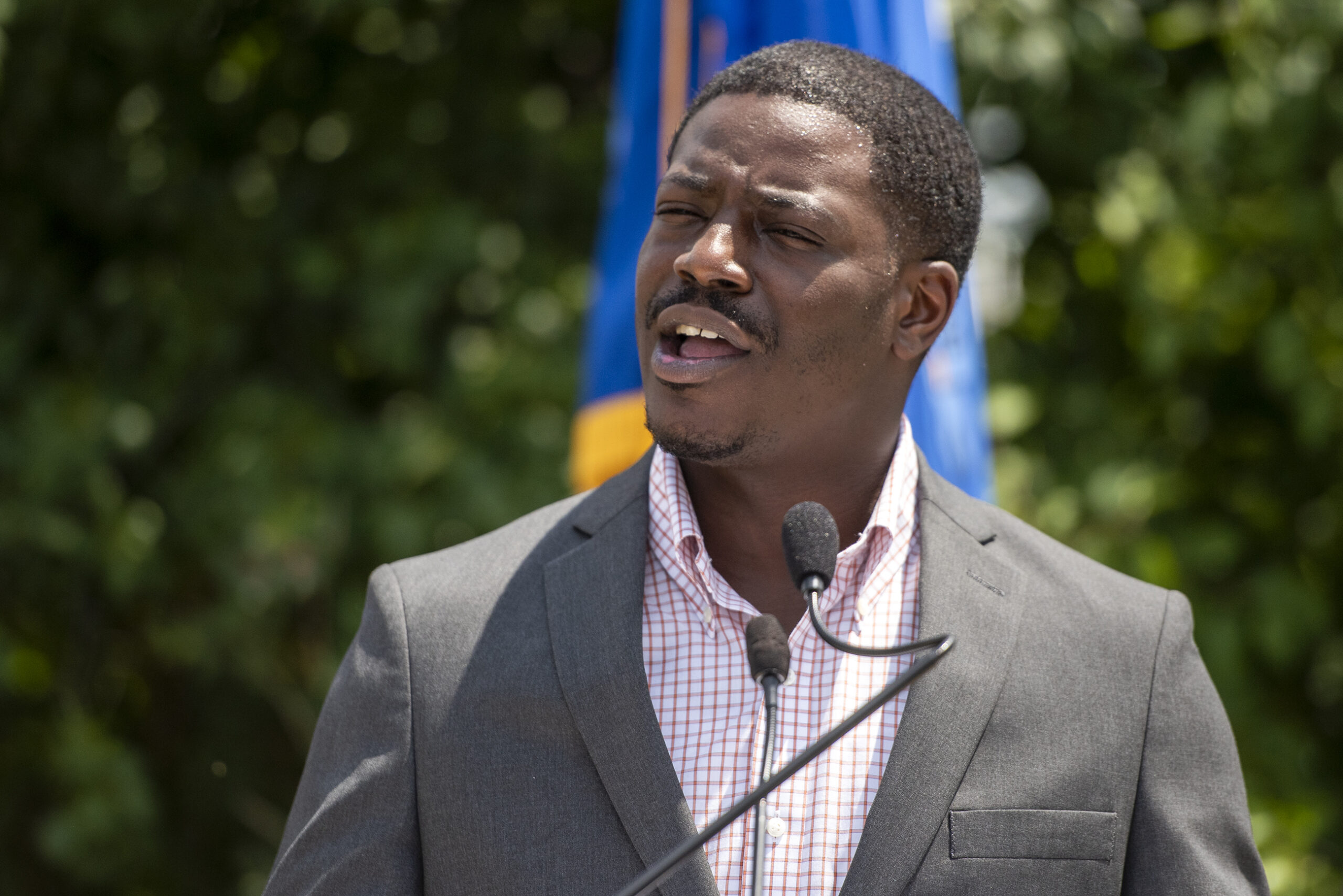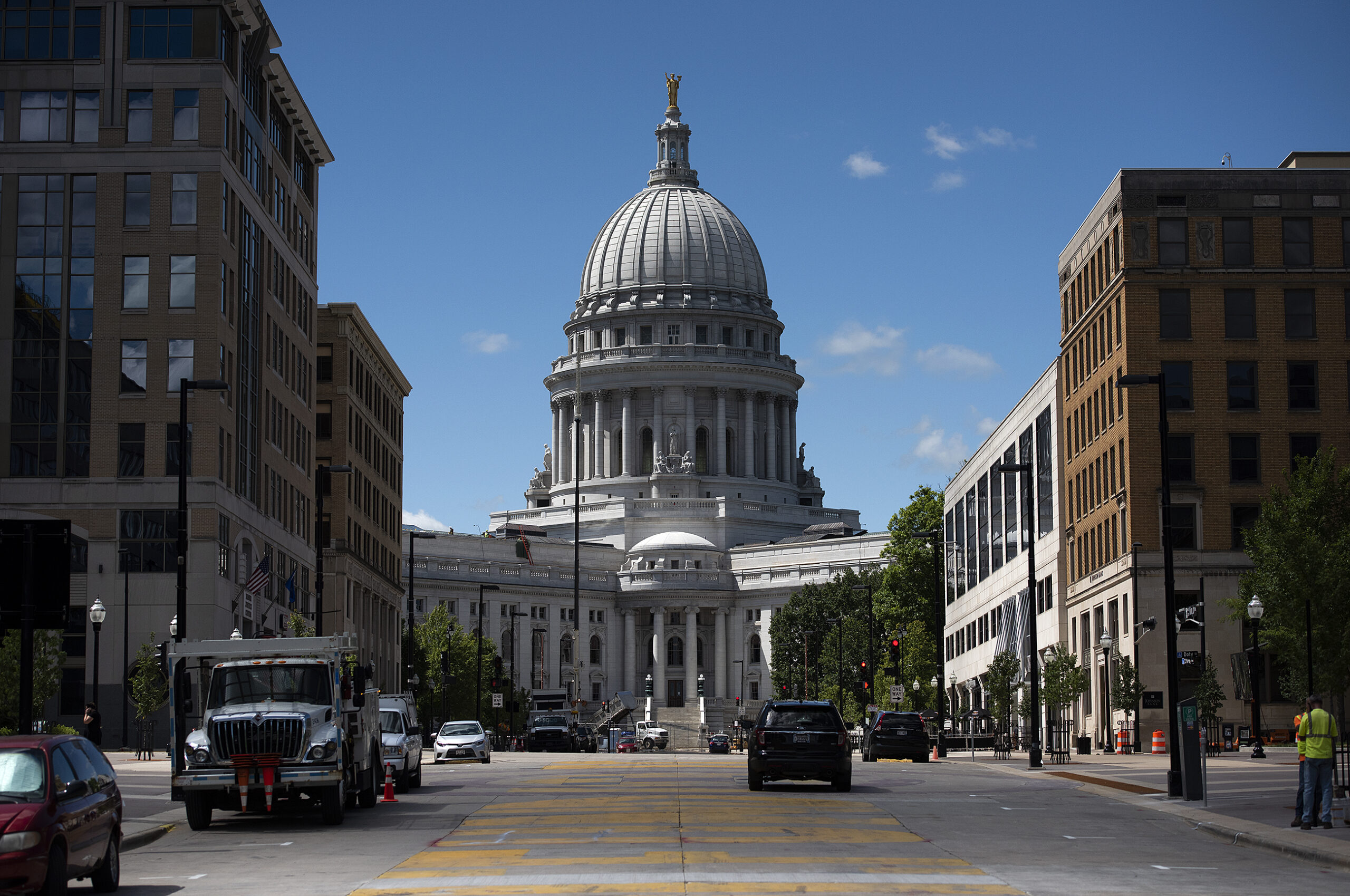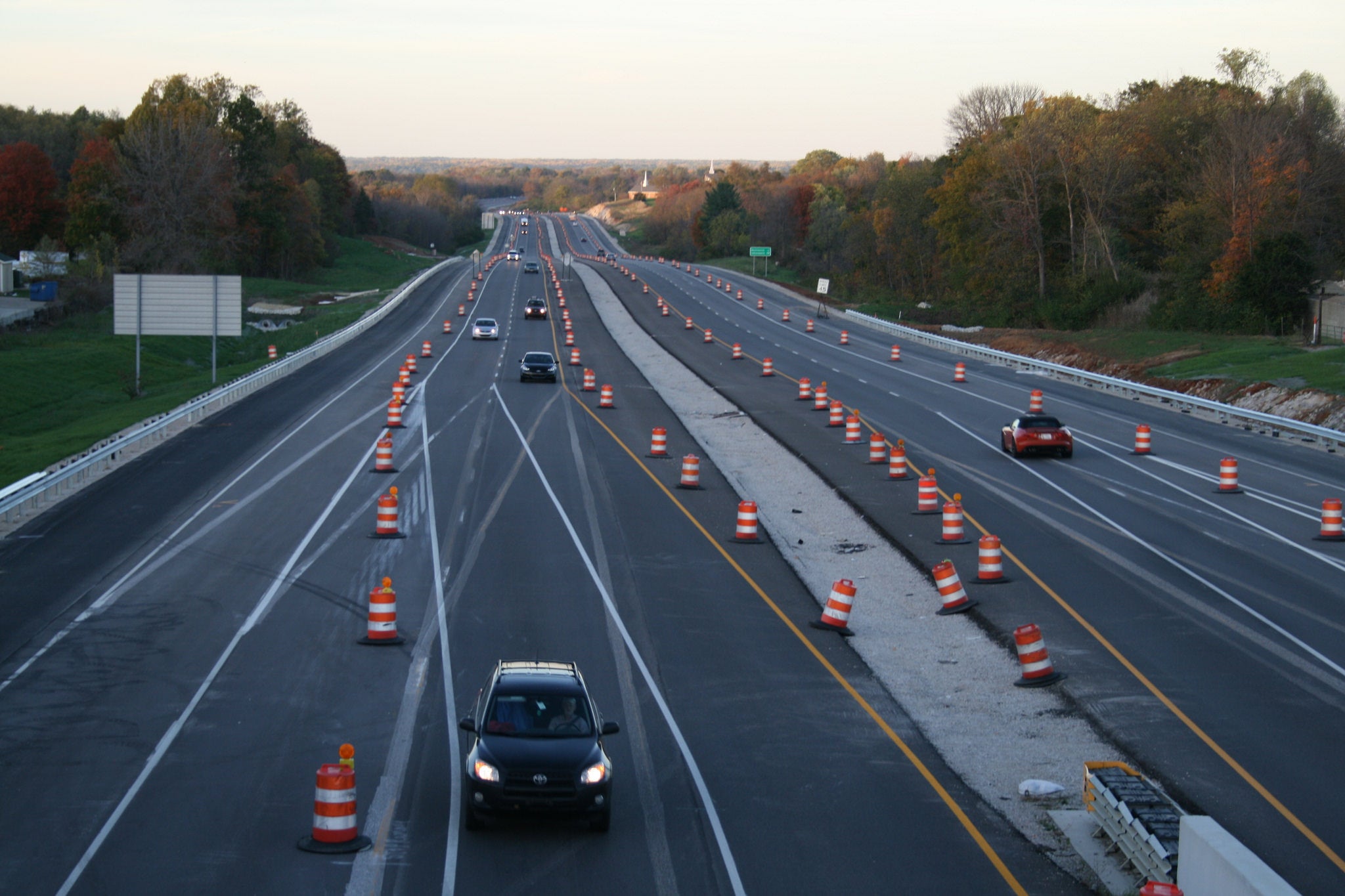There’s been more action on wheel taxes in Wisconsin with mixed results.
Voters in Wausau rejected a local vehicle registration fee, also known as a wheel tax, in a Nov. 8 referendum after officials in Marathon County, where Wausau is the county seat, already approved a $25 wheel tax beginning in 2017.
Also last week, Milwaukee County Executive Chris Abele signed the county’s budget, which included an annual wheel tax of $30. During recent budget deliberations, the Milwaukee County Board halved Abele’s $60 requested wheel tax. Abele said the $30 figure is better than some revenue alternatives the county was facing to balance its budget.
Stay informed on the latest news
Sign up for WPR’s email newsletter.
“It’s the choice of bus fares going to something like $7 from $2, and that still wouldn’t generate enough,” Abele said.
The county would have “been getting further behind on roads, getting further behind on bus maintenance, sliding back into debt, which we’ve been climbing out of,” he said.
A common theme among roughly 18 Wisconsin communities with a wheel tax is that state aid for transit and local roads has been declining, Abele said.
“There’s no municipality that likes the idea of a wheel tax,” he said. “I don’t either. The problem is we’re all getting less for transit and local road aid from the state than we did for us in 2009, and the costs have gone up.”
Gov. Scott Walker spokesman Tom Evenson said Walker will provide more money for local roads and bridges in the next budget without raising taxes. Evenson also said there will be more transportation funding for every level of local government, a commitment to traffic safety and road maintenance, and the lowest level of borrowing since the 2001-2003 state budget.
Wisconsin Public Radio, © Copyright 2024, Board of Regents of the University of Wisconsin System and Wisconsin Educational Communications Board.






